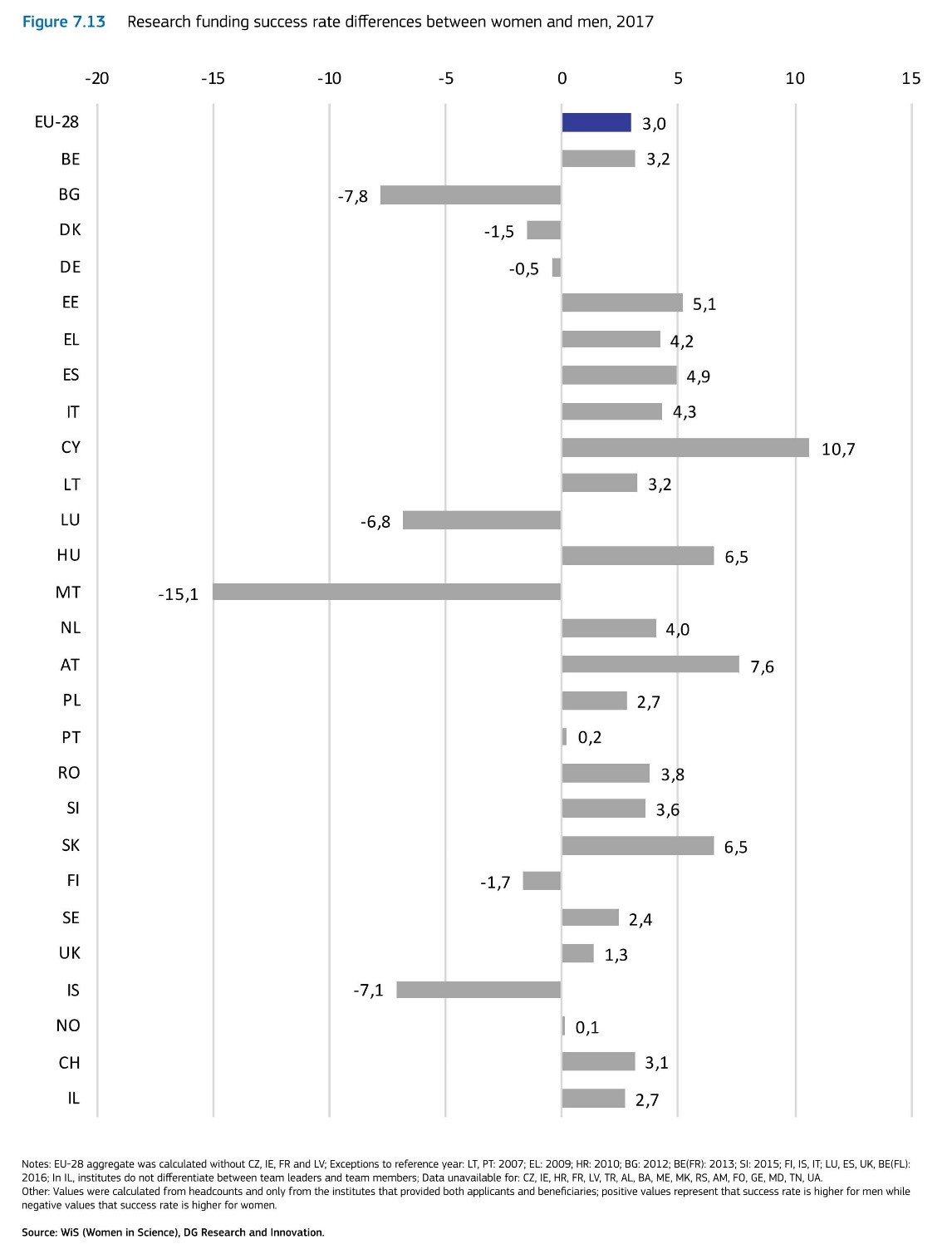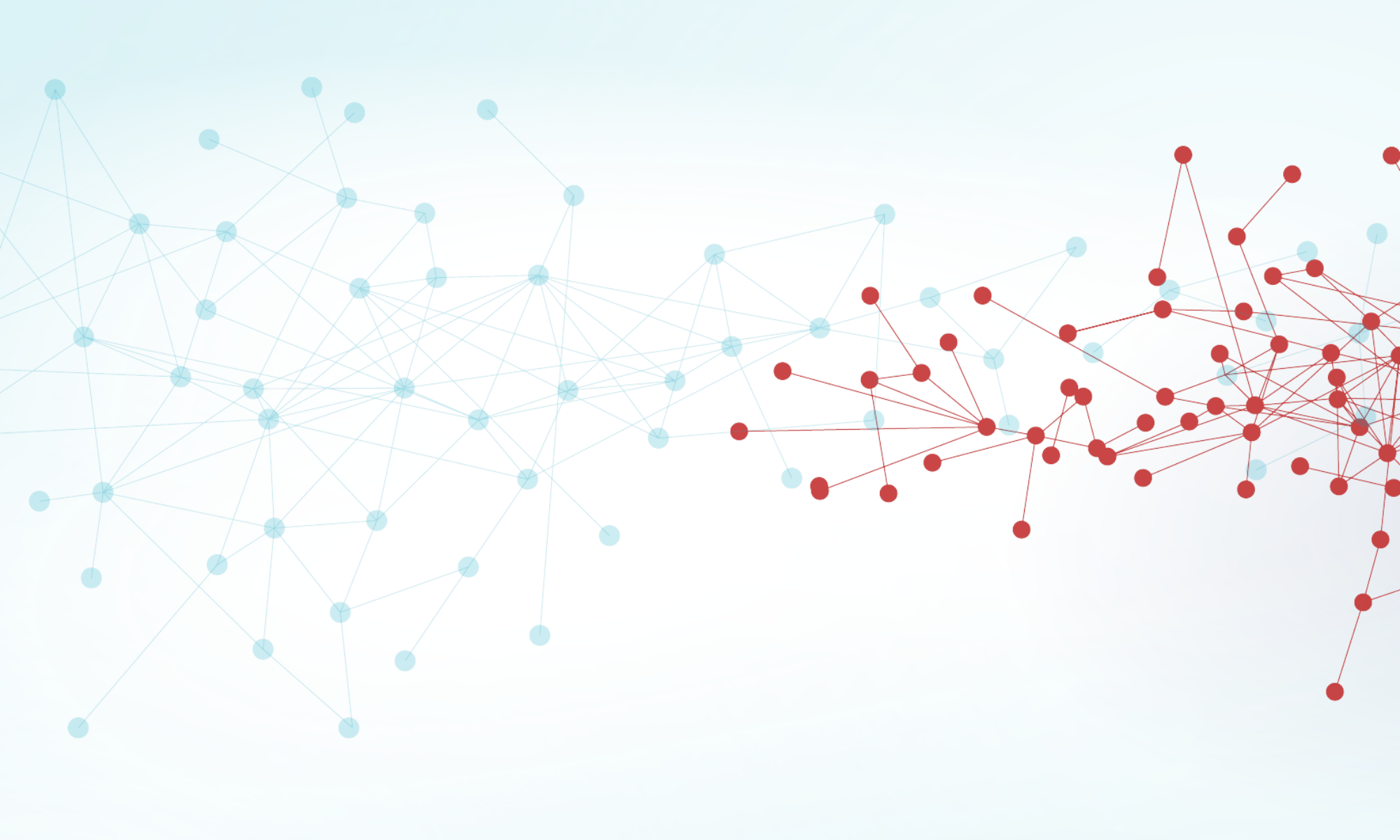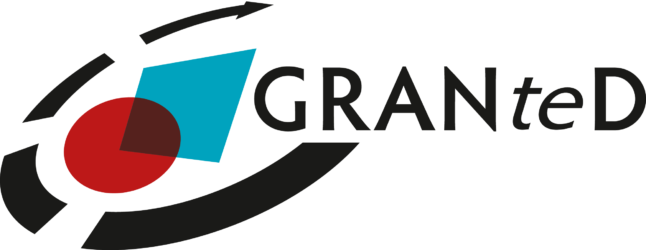The Gender Gap in Research Funding: Success Rate Differences between Men & Women
By Florian Holzinger
posted on October 23rd 2019
Nearly 20 years ago the European Commission has adopted its first communication on Women in Science. Since then the European Commission has made different efforts and deployed different approaches to improve gender equality in research and innovation (R&I). Its main objectives are to improve gender equality in research careers and decision-making positions in R&I and to integrate gender equality in research projects and content. To foster organisational change in research funding the EC has funded several projects in the 7th research framework programme and in Horizon 2020 aiming at developing and implementing gender equality plans in research performing and research funding organisations. In the last years, increasing attention has been paid to success differences of male and female applicants in research funding and successful grant applications have been identified as important drivers for career progress in R&I.
Men have a higher chance for successful grant application

The latest She Figures, published by the EC, report that on the aggregated EU28-level research funding success rates of men are 3% higher than those of women. The differences vary significantly between countries: whereas in a few countries women’s success rates are higher than those of men, in the majority of countries men have a higher probability that their grant applications are successful. The most pronounced differences can be found in Malta (in favour of women) and in Cyprus (in favour of men). Interestingly also success rates of women are lower in countries like Sweden who are characterized by an advanced policy mix to improve gender equality in R&D or eastern European countries like Romania, Slovakia, Poland or Slovenia (with the exception of Bulgaria). This is interesting because these countries show high shares of women researchers (in all sectors) and doctoral graduates. To add a further layer of complexity success rates between men and women vary significantly by field of sciences within and between countries (She Figures 2018).
Findings from prior research, as the GendERC project, show that success rates of men and women are highly different between scientific disciplines and sub-disciplines. Therefore, dynamics within panels and between panel members play a relevant role in decision-making process about scientific excellence and selection of the best applicants.
GRANteD, funded by the Commission under H2020, takes this observation of different success rates of male and female applicants in research funding as a point of departure: On the one hand its main objective is to investigate whether success differences are caused by gender bias within the assessment process or by performance differences of applicants. On the other hand, GRANteD will investigate which procedures, regulations and practices within the process of assessing research proposals are promoting or mitigating the occurrence of gender bias. Furthermore, GRANteD will investigate the impact of research funding success on researcher’s careers and analyse whether these impacts are different for male and female researchers.
Based on robust and sound results GRANteD aims to provide empirical evidence for research policies that will subsequently enhance fairness and gender equality in research funding.

